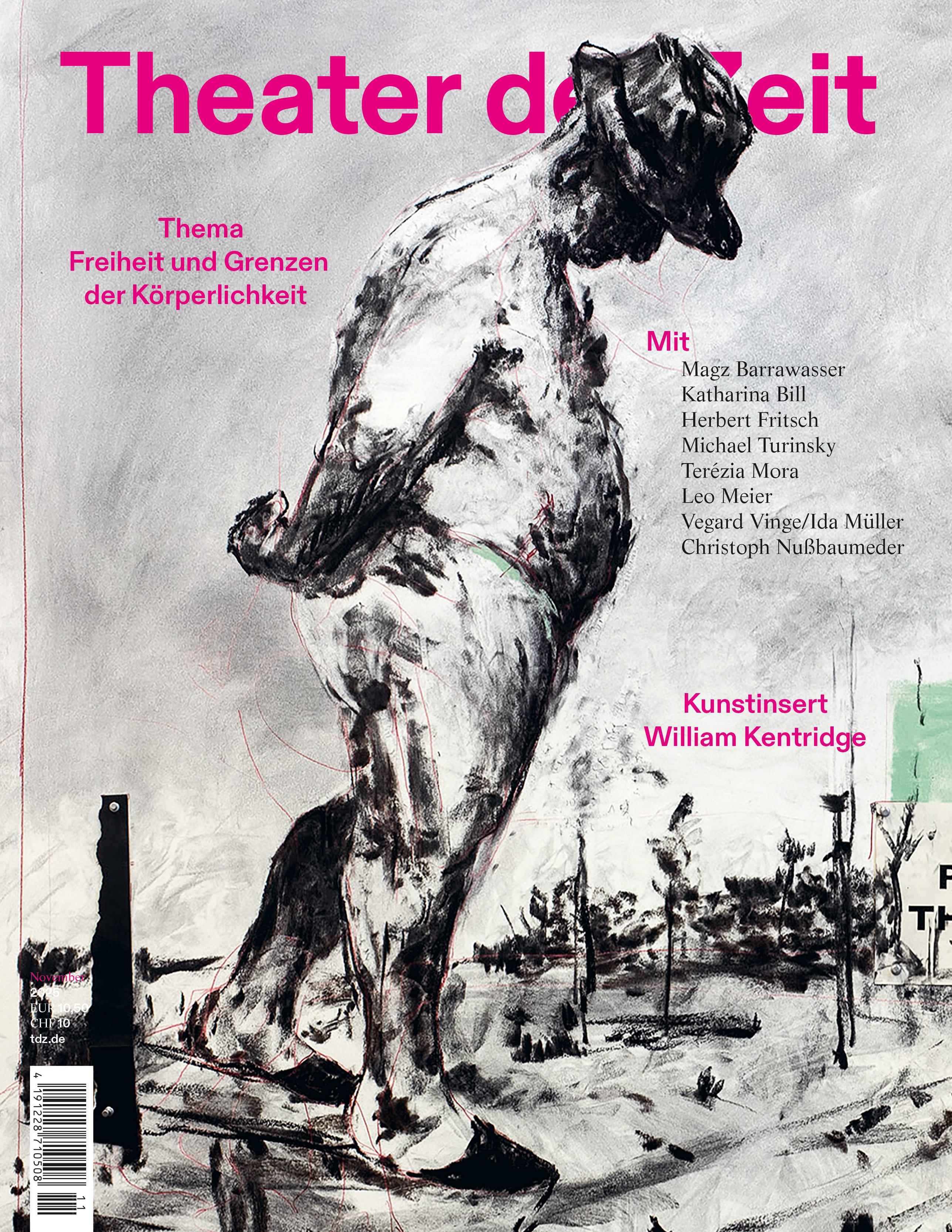In ihrer Einführung zu The Politics of Interweaving Performance Cultures: Beyond Postcolonialism (2014) schlägt Fischer-Lichte einen Weg ein, der zum Ziel hat, eine Theorie von Theater zu entwickeln, die den verschiedenen Realitäten gerecht werden könne. Wie der Untertitel bereits suggeriert, geht dieses Unterfangen auch mit einer Loslösung vom postkolonialen Diskurs einher. Für Fischer-Lichte ist dabei interkulturelles Theater das Beispiel par excellence, in welchem sich die westliche Dominanz konzeptuell und performativ manifestiert:
Thus, the concept of ‚intercultural theatre‘ – a heuristic tool developed mainly in Anglo-American theatre and cultural studies departments, that is, an element of Western discourse – reveals itself as deeply contradictory. On the one hand, it proclaims equality between the theatrical traditions of all cultures as well as multiple modernities and denies all former hierarchies established by colonialism and cultural imperialism. On the other, it hails culture as a fixed, stable, and homogeneous entity.212
Einen Grund für diesen Widerspruch sieht sie ebenfalls in der Diskurshoheit dichotomer Kategorisierungen, die sich im Begriff Interkulturalität niederschlagen: „Binary categories are generally inadequate tools for understanding the process that occurs in contemporary productions of combining elements from different cultures. The concept of ‚intercultural theatre‘ implies a sharp division between ‚our‘ and...


.jpeg&w=3840&q=75)















